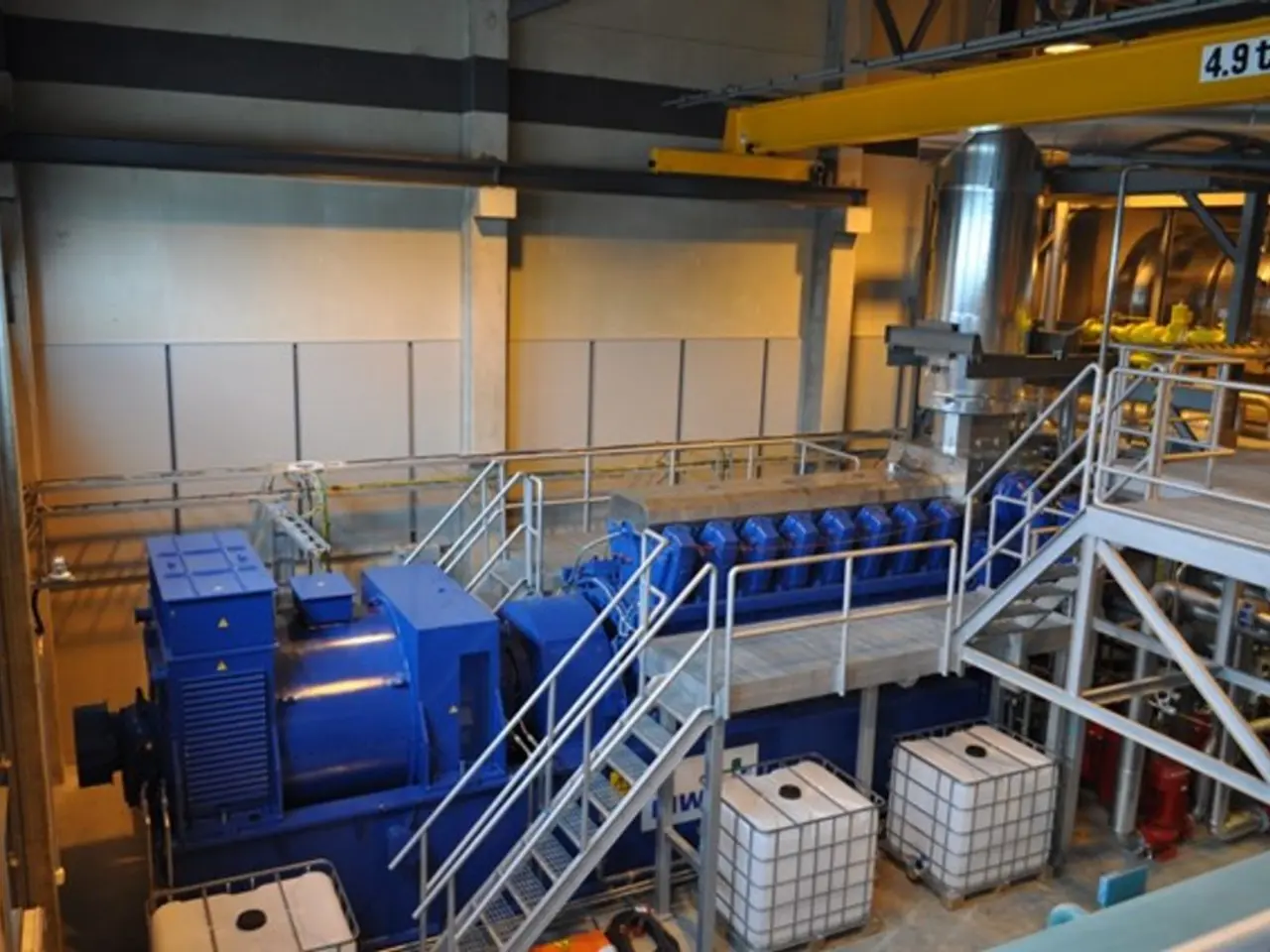Equipment Specialist Deficiency Among Top Concerns for Chairman Kevin Tomlinson
The transportation industry is witnessing a revolution, as Artificial Intelligence (AI) continues to reshape the way we move goods and people. From autonomous vehicles to optimized logistics, AI is promising safer roads, reduced congestion, and more efficient mobility solutions.
Autonomous vehicles, equipped with cameras, sensors, and powerful computers, are leading this innovation. Companies like Tesla, Waymo, and Uber are at the forefront, working tirelessly to create a future where self-driving cars become a common sight on our roads.
AI is also making strides in traffic management. By analyzing real-time data from cameras, sensors, and GPS, AI systems can predict traffic flow and adjust traffic lights to maintain smooth traffic flow, thereby reducing congestion and improving overall road safety.
The global AI in Smart Transportation market is expected to reach USD 95 billion by 2034, driven by the demand for safer and more efficient mobility solutions. AI is also being used in fleet management for predictive maintenance, optimizing routes, and reducing fuel consumption. This includes automation of tasks like document audits and compliance monitoring.
While there is no specific update on UPS and robots in the latest search results, AI is generally enhancing logistics and delivery processes, which could involve robotic technologies for more efficient handling and transportation. Interestingly, UPS is reportedly in discussions with Figure AI regarding the potential use of humanoid robots.
Crude oil, a traditional mainstay in the transportation sector, is not explicitly mentioned in the provided search results. However, AI is helping to optimize routes and reduce fuel consumption, which can indirectly affect crude oil demand by making transportation more efficient.
The latest updates on the Trump administration's impact on the transportation industry are not directly mentioned in the search results. However, fiscal shifts and tax policies can influence economic landscapes, potentially affecting investments and innovations in the transportation sector.
In summary, AI is a key driver in transforming the transportation industry, with significant advancements in autonomous vehicles, traffic management, and logistics optimization. There is no specific mention of UPS, robots, crude oil, or recent policies from Donald Trump in the provided search results. However, it is an exciting time for the transportation industry, as AI continues to revolutionize the way we move goods and people.
[1] https://www.forbes.com/sites/bernardmarr/2019/02/20/how-ai-is-transforming-the-transportation-industry/?sh=7c9e7d6c1448 [2] https://www.transportationtoday.com/articles/2020/06/ai-and-the-future-of-transportation-fleet-management/ [3] https://www.transportationtoday.com/articles/2020/06/ai-and-the-future-of-transportation-autonomous-vehicles/ [4] https://www.investopedia.com/terms/t/trump-economy.asp [5] https://www.marketsandmarkets.com/PressReleases/ai-smart-transportation.asp
- The finance sector is closely monitoring the progress of AI in the transportation industry, as the global AI in Smart Transportation market is projected to reach USD 95 billion by 2034.
- AI's potential applications extend beyond autonomous vehicles and traffic management, with companies like UPS exploring the use of humanoid robots in logistics, which could have significant implications for the business sector.




